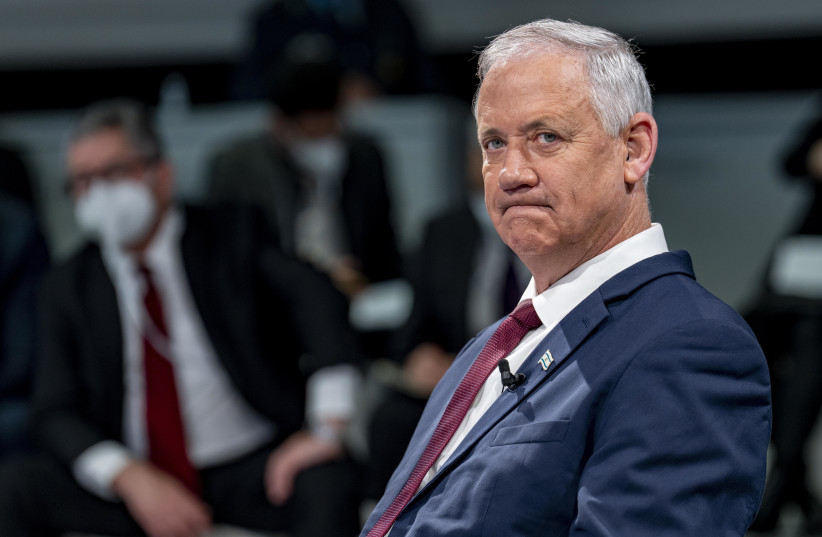The officer’s knee was pressing on my neck. It was hard to breathe because of the knee and the dust in my eyes and nose. I couldn’t find the glasses I dropped; I hoped they weren’t broken. Gas and shock grenades blasted overhead, and the air had the smell of tear gas. Soldiers, settlers, Palestinians and peace activists were shouting in Hebrew and in Arabic. I couldn’t locate my friends from Combatants for Peace, it was clear to me that they are under attack together with the Palestinians. But I could recognize my surroundings well, even without my glasses.
I had first arrived here as a battalion commander in the Golani Brigade. I kept coming here in reserve duty, as well and when I became commander of the Alexandroni battalion, we operated here as well. I remember every channel and hill, and I knew what was going on there. Yet, I was shocked by the events that occurred on September 17.
During extreme events, time has a special, different quality. Sometimes it stretches out and every second seems like an hour, and sometimes it condenses, and many events seem to occur at the blink of an eye. For me, at this moment, time had stopped. I couldn’t believe that our own forces were attacking us, that an officer in the military was strangling me. This is the army that I had devoted years of my life to, in which I fought and commanded. The army that I believed served the purpose of defense and operates under certain values, was operating in a way that contradicts everything upon which we were brought up to believe.
The reader must surely be thinking “What did you do there?” or perhaps, even “If the army arrested you and your friends – you probably did something wrong”. I too would like to trust the State, the military and the police to be doing the right things for the right reasons. Sadly, in this case, there is no one to trust. Let’s look at the facts. The state of Israel has controlled the West Bank since 1967. Right after the war, Israel took control of all the water sources in the West Bank. In 1995, the Oslo agreements established that Israel will get 80% of the water supply and the Palestinians will get 20%. The Palestinians in the Palestinian Authority area are not able to pump enough, not even the allowed amount. And in the territories under Israel’s full control (Area C), Palestinians are forbidden to store or collect rain water, to lay pipes or to renovate wells.

The result is clear. Let’s take for example the South Hebron Hills. The settlers at the Havat Avigail settlement get 240 liters of water per day, in addition to water for irrigation. The Palestinians in the nearby villages that are connected to the Israeli grid get 90 liters of water a day, while the Palestinians that aren’t get nothing. Now, I can explain what my friends and I did there that day. We brought water to the Palestinians that are under Israeli control, that our country doesn’t provide with water. This is why we got arrested by our army.
When the officer’s knee came down off my neck, I found my glasses, was lifted off the ground and got handcuffed right away. Alongside six of my friends, we waited for hours under the hot sun, while the soldiers tried to convince the police to arrest us. The police obviously refused since we didn’t commit any crime, yet we were still blindfolded and driven to the Hebron police station. Only when we arrived were we released. They probably realized we didn’t commit any crime. Perhaps we did the right thing.
Our activities in the South Hebron Hills and in the Jordan Valley may have brought some of this injustice to public awareness, but for the Palestinians residents nothing has changed. Even now, they are not connected to the water grid and are forced to buy water at high prices, transported by tankers. Their access to springs or wells of water that were being used by their communities for many years are now prevented or limited by the army and the settlers.
MK Benny Gantz, I am calling on you to pay attention to the reality on the ground and witness what your army and other security forces under your command are being asked to do. For whom and for what are they fighting? Is this the way you want to see IDF soldiers behaving? I am calling on you to come to Hebron Hills, to the Jordan Valley, to the Kane River and see the theft that is being committed in your name by the army that you, as the minister of defense, are responsible for. Give residents who live under the army’s control access to water. Stop the injustice that is taking place every single day by the forces you command.
The writer is a reserve-duty lieutenant colonel of the Israeli army and is the Israeli general coordinator of Combatants for Peace, a movement of Palestinians and Israelis who take action together through creative nonviolence to end the occupation and promote peace.
